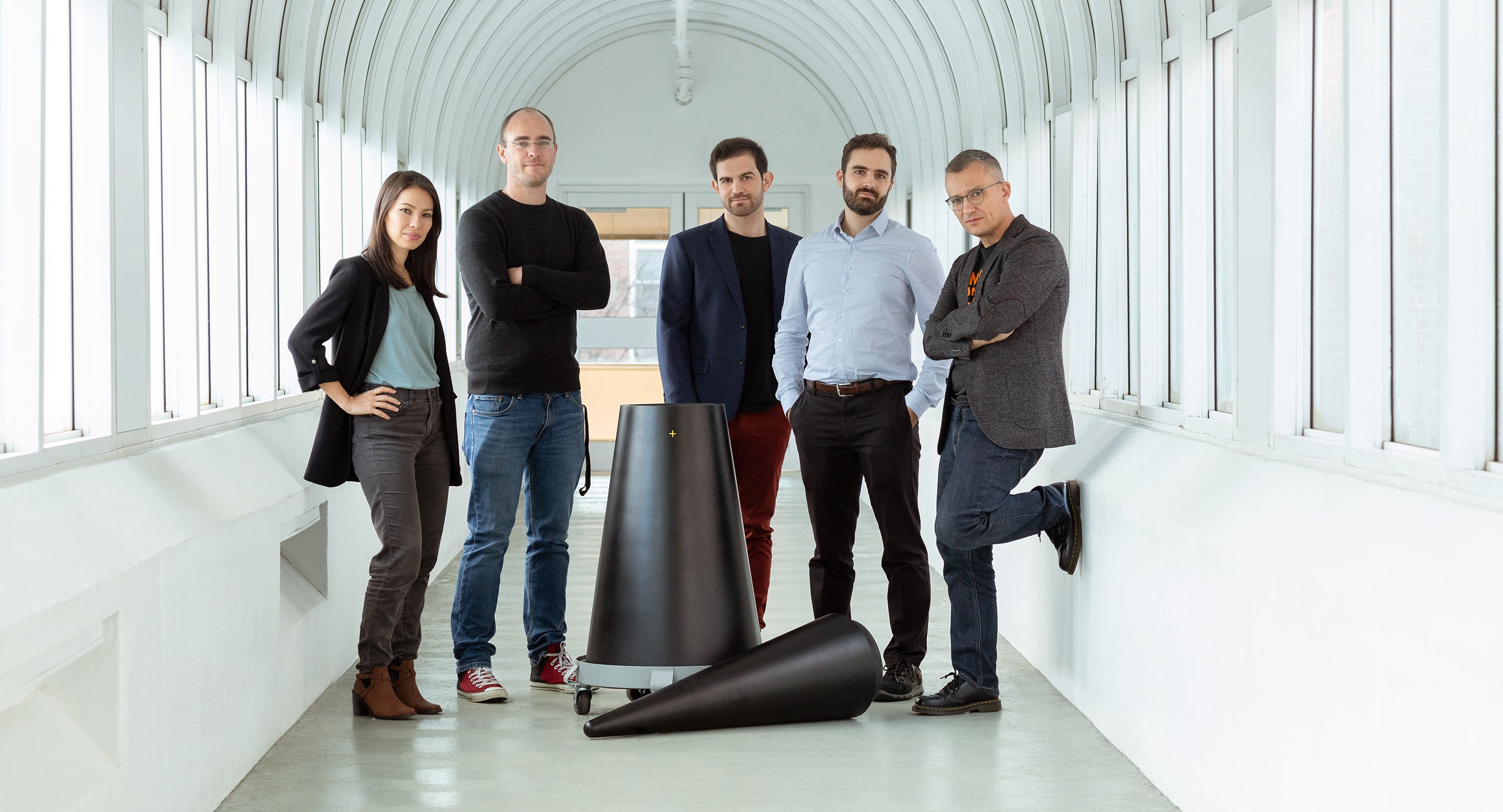Alex Glaser, co-director of the Program on Science and Global Security (SGS), was named winner of the American Physical Society’s (APS) 2025 Leo Szilard Award. The award recognizes outstanding accomplishments by physicists in promoting the use of physics for the benefit of society in such areas as the environment, arms control and science policy.
Glaser, a physicist who joined SGS in 2005 as a postdoc, is Associate Professor in the Department of Mechanical and Aerospace Engineering and in the School of Public and International Affairs (SPIA). He is the first person to hold such a joint appointment at Princeton.
He is being honored by APS “for seminal scientific contributions and innovations to advance nuclear arms control, nonproliferation, and disarmament verification, and for leading the Princeton Program on Science and Global Security and mentoring many students and young researchers over the years.”
Frank von Hippel, who co-founded SGS in 1974, and is now a professor emeritus in SPIA, said “In addition to his creative research and teaching, Alex has become an important mentor for scientists interested in nuclear arms control. Some of his post docs have gone on to become leading researchers in the field. I am glad that Alex succeeded me on the SPIA faculty and as co-director of SGS.” von Hippel received the 2010 Szilard Award.
Zia Mian, SGS co-director, said that “Alex Glaser is highly regarded by his scientific peers and the international nuclear policy and diplomatic community for his work. He has been invited to present to the International Atomic Energy Agency, the United Nations Conference on Disarmament in Geneva, and the United Nations in New York, including to the UN Secretary-General's Advisory Board on Disarmament Matters. He was one of a handful of scientists from around the world invited to present at the negotiations of the UN Treaty on the Prohibition of Nuclear Weapons. It is remarkable record of work in the service of humanity.”
Robert Goldston, Professor of Astrophysics at Princeton University and a long-time collaborator of Glaser said, “Alex combines keen scientific insight into the most important problems of arms control with a flair for presenting material in a way that engages the eye and–from there–the mind.
